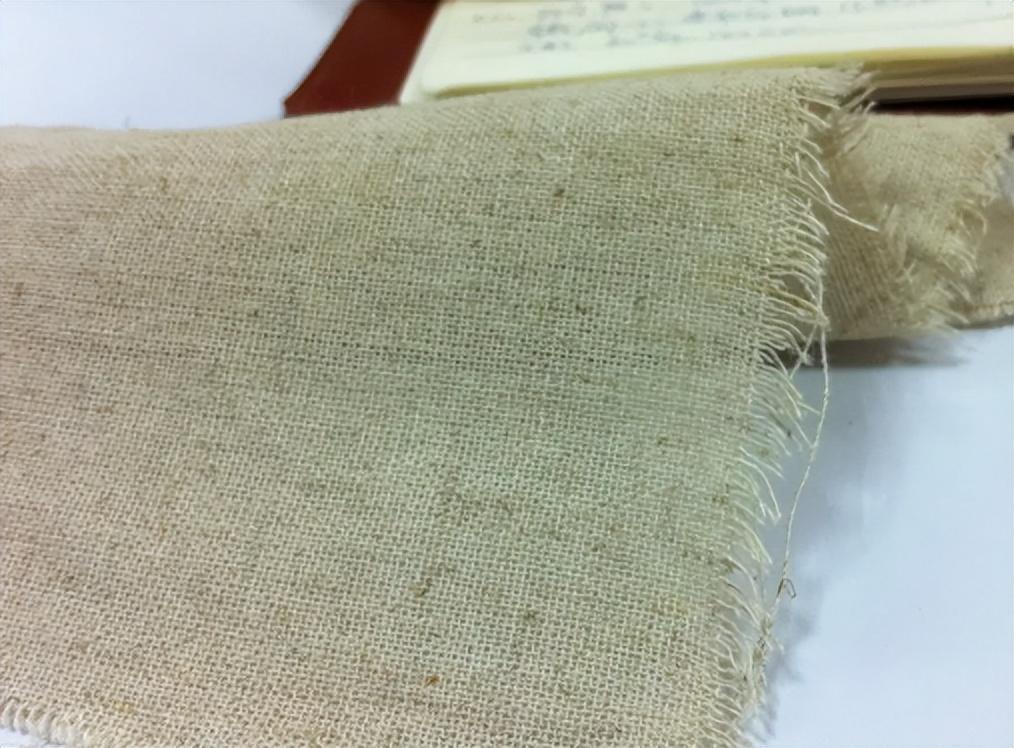It’s hot in the summer , many people are fine in air-conditioned rooms, but they are sticky when they go out, so the texture of clothes becomes particularly important at this time.
When it comes to the comfort of clothes nowadays, the better ones are mostly linen and rain dew. Hemp, hemp, etc. So what are the advantages and disadvantages of linen clothes?
This linen clothing is generally worn in spring and summer, mainly shirts, casual Suits, trousers, cropped trousers and other categories of clothing are widely used. Because in spring and summer, the weather is getting hotter and the humidity in the air is high, so linen fiber fabrics can better exert their advantageous properties.

The main characteristics of linen are the following points (PS, please take a small book to remember it!): p>
1. It feels cool to the touch, has good moisture absorption performance, and its heat dissipation performance is 5 times that of wool and 19 times that of silk. In hot weather conditions, wearing linen clothing can make the skin surface temperature 3-4 degrees Celsius lower than wearing silk and cotton clothing. However, the disadvantage is that such clothing has poor drape and is prone to wrinkles;
2. Good strength and wear resistance, especially wet strength, but very elastic Poor, easily damaged in places that are frequently bent or ironed.
3. Compared with cotton fabrics, linen clothes are wet It is spun without the burr phenomenon caused by dry spinning. It does not feel itchy when worn close to the body and can prevent static electricity.
4. Linen clothing is easy to care for and is not prone to static electricity and dust absorption .
5. It is also said that linen clothing has antibacterial effects. Hypoallergenic.
The above 5 points are a series of advantages and related disadvantages of linen.
The rain and dew hemp and flax are actually the same thing, but the initial processing technology is different. That’s all.
Flax dew fiber is made after harvesting flax, and its original stems are laid out flat In the field, under the action of sunlight and rain, with the help of natural microbial activities, the fiber and wood parts are separated to achieve the purpose of degumming, thereby producing flax fiber.
And this Yuluma It is a type of flax. Flax is divided into warm water linen and rain dew linen according to the processing methods in different production areas. Flax fiber needs to be extracted by retting in water. In areas with abundant rainfall, the essence of sun and dark earth can be directly absorbed in the open air, and the quality is better. If there is insufficient rain and dew, artificial retting with warm water is needed. Among the main flax producing areas, France and Belgium mainly produce rain-dew flax, while Egypt and China mainly produce warm-water flax.
Due to its harsh living environment and liking for cold, damp weather, Better quality than regular linen. After the flax is mature and harvested, the flax seedlings must be tied into bundles and soaked in water repeatedly. After the dew flax is mature and harvested, the flax seedlings are placed in the fields and allowed to be soaked by rain and dew. Day after day, the flax bark and flax stalks naturally decay. After falling off, take out the hemp fibers. This process is called retting. It is also a natural retting process, so it is also called rain dew hemp.�Like the natural fabrics.
Yuluma is also named after this. The functions and characteristics of Yuluma: Fast moisture absorption, good heat dissipation, body temperature regulation, breathable and refreshing, comfortable, antibacterial and anti-itching, antistatic, etc. Yuluma performs well in the humid, sweaty and hot summer. Another highlight of Yuluma is that it does not dye. The color you see is the true color of Yuluma, which is natural and innocent.
As for hemp, it originated in China, hence the name. Fabrics and clothing made of hemp have various functions such as moisture absorption, breathability, comfort, heat dissipation, mildew prevention, bacteriostasis, radiation resistance, ultraviolet protection, sound absorption, etc. As a natural fiber, hemp has excellent spinnability and can be woolen. , cotton can also be blended to produce various functional clothing and fabrics.
Hemp has been cultivated in my country for more than 8,000 years. Hemp has a history of more than 8,000 years. It has natural moisture-absorbing and breathable, antibacterial, antibacterial, corrosion-resistant, non-static, and UV-resistant properties and is used to make military uniforms.
Flax is mainly grown in European countries, including France, the Netherlands and other countries. The quality is better because these countries have abundant precipitation and low sunshine intensity, which is very suitable for the characteristics of flax that likes to be cool and moist. Although both hemp and linen have the characteristics of moisture absorption, breathability, antibacterial, antistatic, and UV protection, hemp is relatively superior in antibacterial properties.
There is another kind called ramie, which is a specialty of our country. Its texture is harder than the first two, and its polymerization and single fiber strength are excellent. Therefore, ramie fabrics are mostly used in non-clothing fabrics such as mosquito nets, linings, sofas, and handicrafts. When used in clothing, they will have an obvious itching feeling.
Jute prefers a warm and humid climate and is mainly grown in the Yangtze River in my country It is a long, soft, shiny plant fiber that can be woven into high-strength rough filaments and used to weave sacks, burlap, ropes, carpets, curtains, etc.
So to sum up, each of the hemp family has similarities , but they all have their own areas of advantages. They are all treasures gifted by nature to mankind. At a time when things are being put to their best use, the hemp family plays a huge role in people’s daily lives.
Simple but not simple The weather is getting hotter, I hope everyone will You can use the hemp family flexibly to help you stay cool during the summer.




